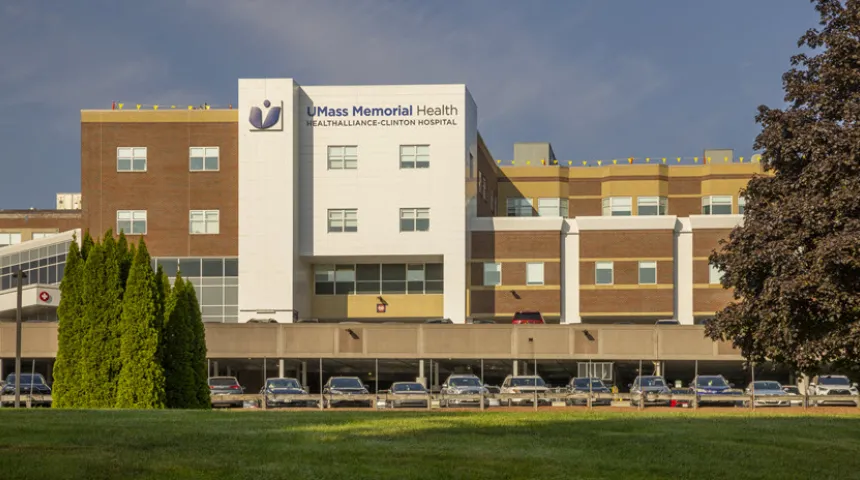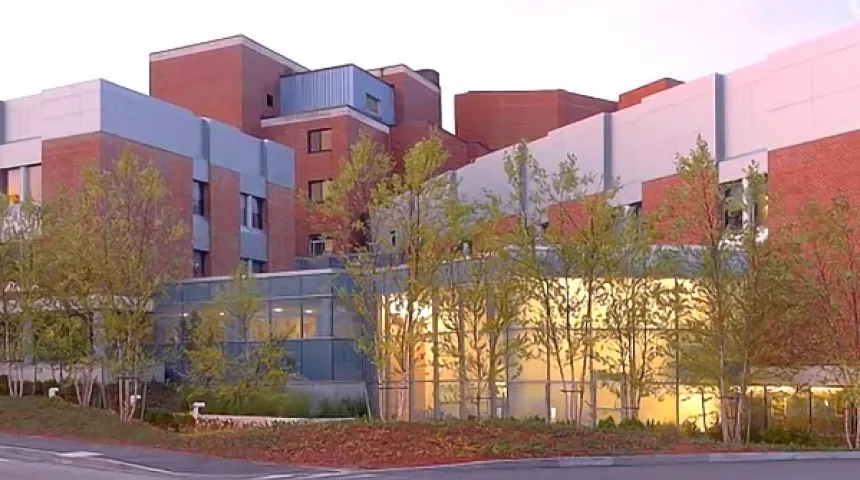Palliative Care
Our experienced team provides compassionate support to people facing serious illness, regardless of where they are in their care journey.
Palliative Care: Patient Stories
Read our patient stories to find out more about how palliative care providers help patients and families:
Elizabeth
Elizabeth is 90 years old, has progressive dementia and lives with her daughter. As symptoms worsened, her daughter started to question whether her mother might be better off in a nursing facility. The palliative care team met with Elizabeth and her daughter to discuss ways we could support both of them. Efforts include medical treatments to manage Elizabeth’s symptoms and emotional support for her daughter. Ongoing support includes telehealth and home visits with community partners to help Elizabeth remain at home.
Derrick
Derrick has advanced colon cancer and needs help coping with ongoing pain and depression. On the recommendation of his oncologist, he spoke with a palliative care provider. We prescribed medications for his symptoms and connected him with a health psychologist. Palliative care providers also coordinated advanced pain management services that made it possible for Derrick to return to work.
Frequently Asked Questions About Palliative Care
These terms may be used together, but they aren’t the same:
- Palliative care focuses on relieving symptoms, improving quality of life and supporting patients while they may be receiving treatment (like chemotherapy or dialysis).
- Hospice care focuses on comfort care — managing symptoms rather than trying to treat or cure the illness or prolong life.
You may benefit from our services if you have a life-threatening illness and need:
- Relief from difficult-to-manage pain or other symptoms
- Therapies to help you cope with emotional and practical aspects of having a life-threatening illness
- Support making care decisions to ensure treatments align with your values, preferences and goals
Yes, we frequently provide services to the loved ones of people with serious illnesses. We offer guidance to help ease tough decisions, manage stress and connect you with helpful resources. Our goal is to make sure everyone feels heard, supported and informed.
Why Choose Us for Palliative Services?
Clear Communication
Our palliative care team enhances the way we communicate your goals and preferences to providers across UMass Memorial. This includes topics such as who can make decisions on your behalf or specific services you do or don’t want. We store this information securely in our electronic medical record so it’s easy for UMass Memorial providers to access.
Leadership and Research
Through our fellowship program, we are actively training the next generation of palliative care specialists and advancing the future of the field. We also teach nurses, medical students and other providers how to support people with serious illness. Efforts focus on teaching skills like listening, clear communication and understanding each person’s values, experiences and goals. These principles shape the way we care for every patient and their family.
Care Options Tailored to Your Needs
Palliative care providers offer end-of-life support (hospice care) when treatments are no longer working. This includes expert pain and symptom management, emotional and spiritual support and other guidance. Some people may be eligible to receive services at home. Find out more about home health and hospice.
Our Palliative Care Locations

UMass Memorial Medical Center - University Campus
55 Lake Avenue North,
Worcester, MA 01655

HealthAlliance-Clinton Hospital - Leominster Campus
60 Hospital Road,
Leominster, MA 01453

Milford Regional Medical Center
14 Prospect Street,
Milford, MA 01757
